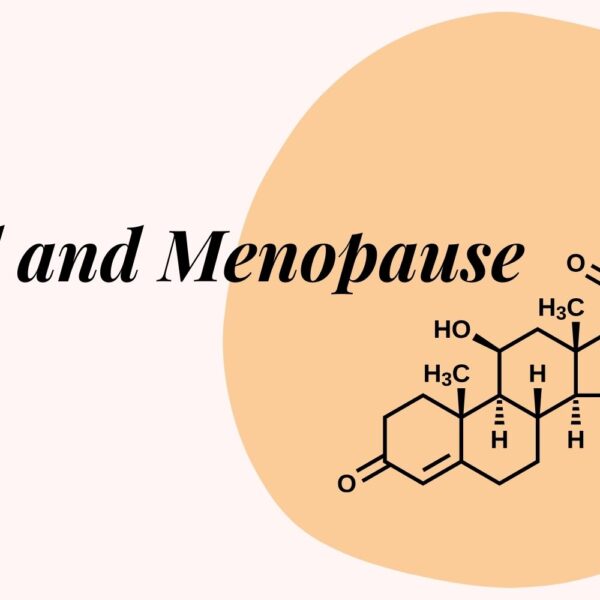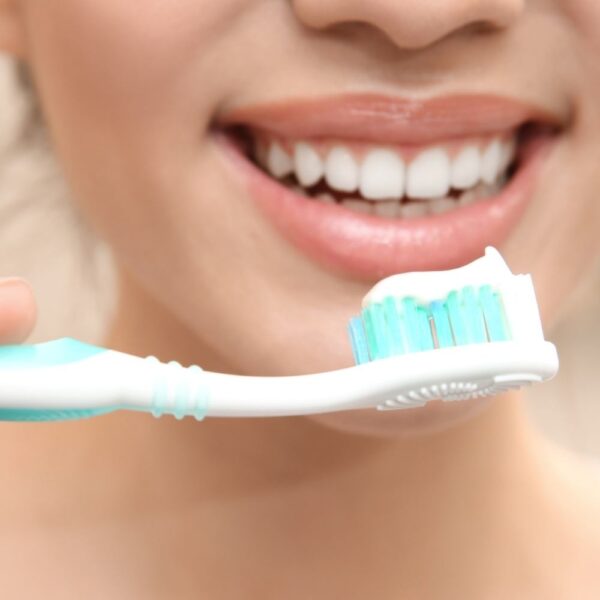If you have the outer third of your eyebrows missing you could have a thyroid problem. Both types of thyroid imbalance – overactive (hyperthyroid) and underactive (hypothyroid) – are linked to loss of eyebrow hair.
Specifically in hypothyroidism (underactive). A person may notice hair loss in the outer third of the eyebrow which is the thinnest part that points toward the ears. When you’re not producing enough thyroid hormone your small hair follicles aren’t stimulated as much as they really need to be. Thus hair stops growing there and even falls out. Similarly the lower half of your leg may stop producing hair. It may even end up with very little leg hair. Worst of all, the hair on your head thins too – very hard for women when this happens. Your skin, hair, and nails are places to look for possible thyroid symptoms.
Disclaimer
You can simply click on the name of each product mentioned above (in bold) and a hyperlink will take you directly to the product for an easy purchase.
Originally published on https://www.facebook.com/SallyAnnCreedSA/ in 2020.







